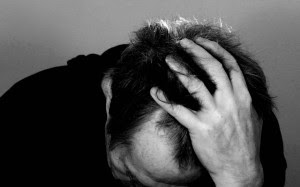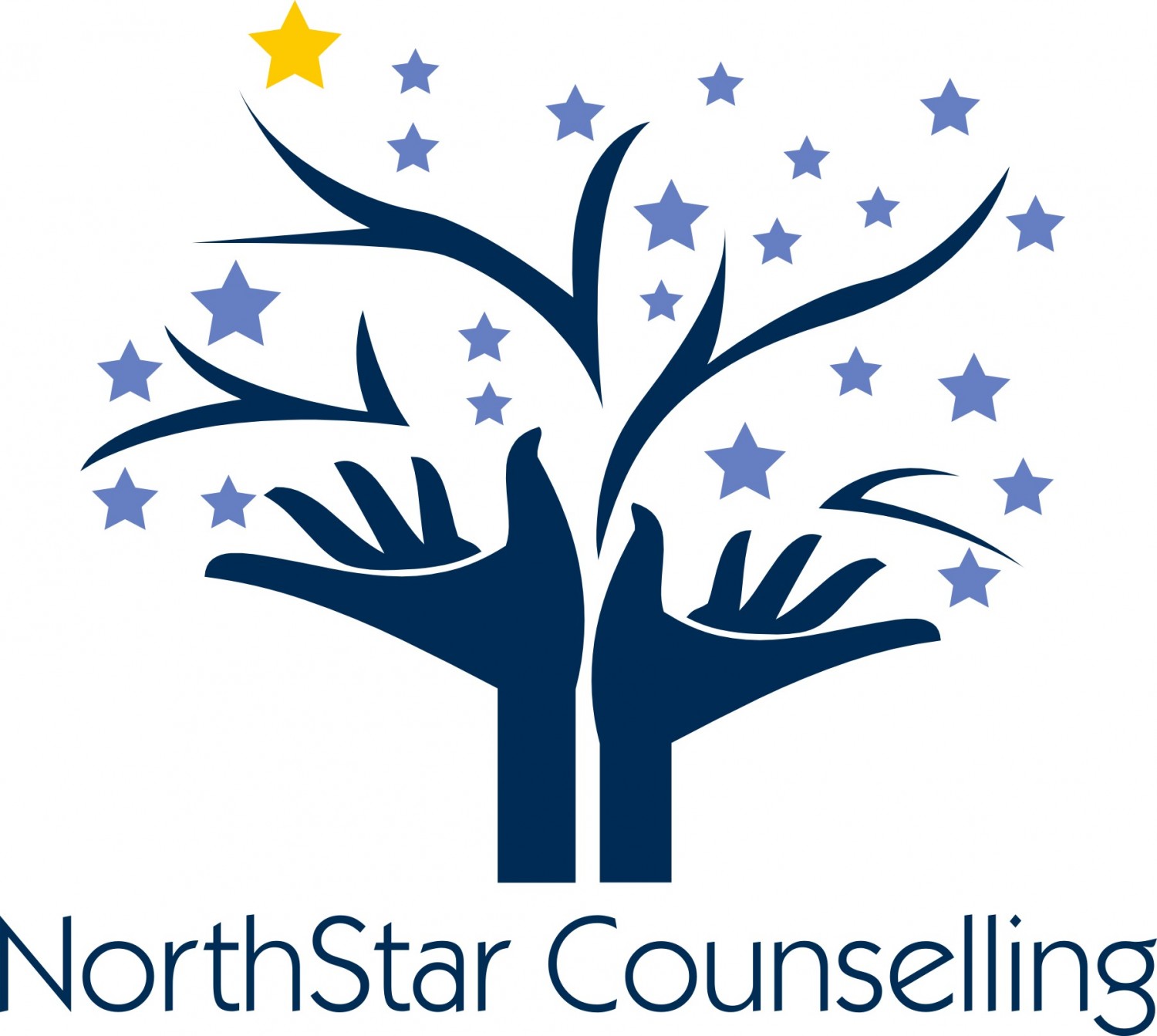Types of Loss
Loss is experienced in different ways through the end of a relationship, job loss, the death of a loved one, and more. People grieve for missed opportunities, past life stages and loved ones. Regret for futures that will not be. And for the unavoidable, our own death.
Experiencing Loss Or Bereavement

Loss can affect our thoughts, emotions, job and the relationships around us. We expect sadness. We don’t always expect anger or chaos. Some feel that their body and mind are dislocated, separate somehow. This can leave you feeling vulnerability, shaken, paralyzed and raw. Emotions may bounce around leaving you feeling like you’re going crazy.
It can affecting our daily lives through our thinking (mind) and in our body.
“A single person is missing for you, and the whole world is empty.”
― Joan Didion, The Year of Magical
Grieving
Grief is a reaction to loss.
Grieving is not about “getting over it”; it’s about forging a new way forward. It’s about adjusting and building coping strategies in what can feel like an empty world.
Loss Counselling
Having a loved one diagnosed with a serious illness or a being a parent of a child diagnosed with special needs is hard. There may be false guilt if the condition is genetically linked.
Coming to terms with illness or special needs can be greatly helped by an experienced counselor. It can be useful for parents to ‘talk out’ the unspoken dreams or expectations in a trusting and understanding environment.
Loss counselling can help you find a way through. A way to reconstruct and build a new future.
